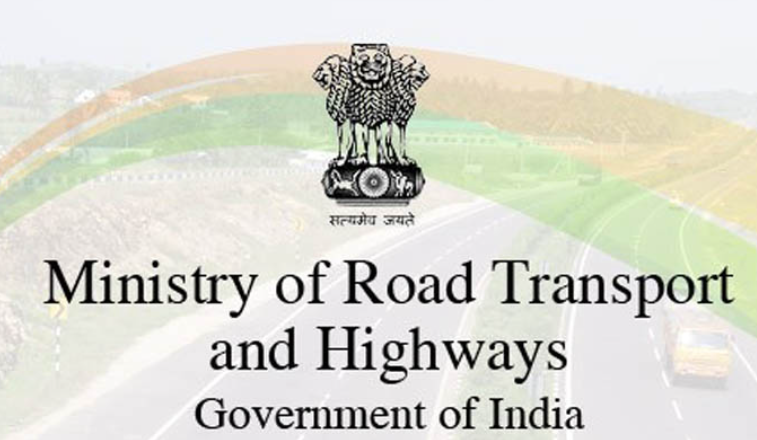Union Ministry of Road Transport and Highways
The Union Ministry of Road Transport and Highways, also known as the Ministry of Road Transport and Highways (MoRTH), is a ministry of the Government of India responsible for the formulation and administration of policies for road transport, highways, and shipping. The ministry was formed in 2000 by merging the Ministry of Surface Transport and the Department of Shipping.
Objectives and Functions
The primary objectives and functions of the Ministry of Road Transport and Highways include:
- Formulating and implementing policies for the development of road transport and highways in India.
- Planning, designing, constructing, and maintaining national highways and other centrally-sponsored road projects.
- Regulating and promoting road safety, including the formulation of traffic rules and standards for vehicles and drivers.
- Promoting the use of alternative fuels and electric vehicles to reduce pollution and dependence on fossil fuels.
- Coordinating with state governments and other ministries to ensure the smooth implementation of road transport and highway projects.
- Representing India in international forums related to road transport and highways.
Organizational Structure
The Ministry of Road Transport and Highways is headed by a cabinet-level minister, who is assisted by a minister of state and a team of bureaucrats, including a secretary, joint secretaries, and other officials. The ministry has several subordinate offices and autonomous bodies, such as:
- National Highways Authority of India (NHAI): Responsible for the development, maintenance, and management of national highways.
- Indian Academy of Highway Engineers (IAHE): Provides training and capacity building for highway engineers and professionals.
- National Highways and Infrastructure Development Corporation Limited (NHIDCL): Develops and maintains highways and other infrastructure projects in the North-Eastern region and other strategic areas.
- Indian Road Congress (IRC): Sets standards and guidelines for road construction and maintenance in India.
Key Initiatives and Programmes
The Ministry of Road Transport and Highways has launched several key initiatives and programmes to improve road infrastructure and safety in India, such as:
- Bharatmala Pariyojana: An ambitious highway development project that aims to construct 83,677 km of roads, including 34,800 km of national highways, at an estimated cost of Rs. 5.35 lakh crore.
- National Road Safety Policy: A comprehensive policy aimed at reducing road accidents and fatalities by 50% by 2025.
- Green Highways Policy: Promotes the use of eco-friendly materials and technologies in highway construction and maintenance.
- Electronic Toll Collection (FASTag): Enables electronic toll collection at national highway toll plazas, reducing congestion and waiting times.
- Vehicle Scrappage Policy: Aims to phase out old and polluting vehicles and promote the adoption of cleaner and more fuel-efficient vehicles.
Achievements
Under the leadership of the current Union Minister of Road Transport and Highways, Nitin Gadkari, the ministry has achieved several milestones in recent years, such as:
- Constructing a record 37 km of national highways per day in 2020-21, up from 12 km per day in 2014-15.
- Completing the construction of the Delhi-Meerut Expressway, India’s first 14-lane expressway, in record time.
- Reducing the number of road accident fatalities by 14% in 2020 compared to the previous year, despite the challenges posed by the COVID-19 pandemic.
- Implementing the FASTag system on all national highway toll plazas, resulting in an increase in toll revenue by 50% in 2020-21 compared to the previous year.
- Launching the Voluntary Vehicle Fleet Modernisation Programme to encourage the scrapping of old and polluting vehicles.
Challenges and Way Forward
Despite the significant progress made in recent years, the Ministry of Road Transport and Highways faces several challenges in improving road infrastructure and safety in India, such as:
- Inadequate funding for road construction and maintenance projects.
- Land acquisition and environmental clearance issues that delay project implementation.
- Lack of coordination between different government agencies and stakeholders involved in road projects.
- Poor road safety awareness and enforcement of traffic rules.
- Inadequate public transport infrastructure, leading to increased reliance on private vehicles.
To address these challenges, the ministry has proposed several measures, such as exploring alternative funding models, streamlining land acquisition and environmental clearance processes, promoting the use of technology for road safety and efficiency, collaborating with state governments and other stakeholders to develop a comprehensive road safety action plan, and investing in public transport infrastructure.


